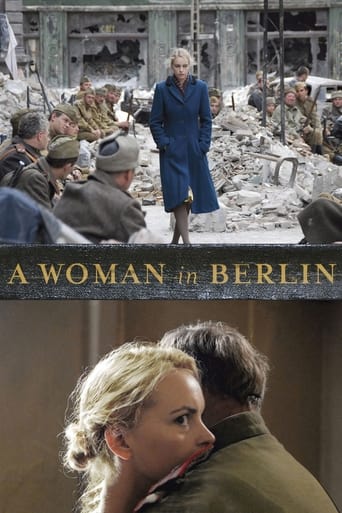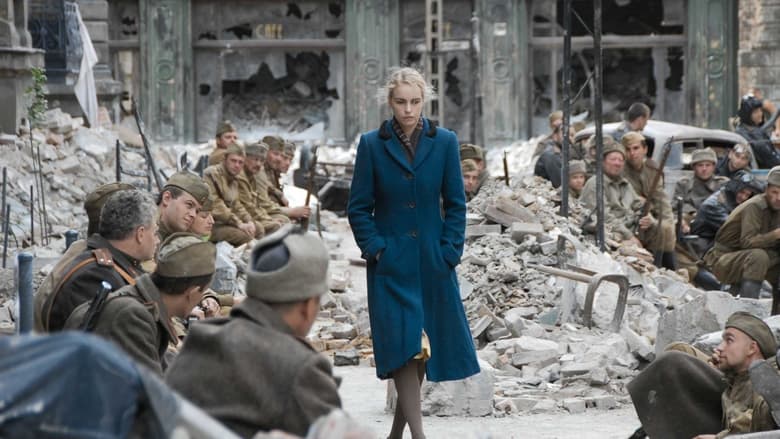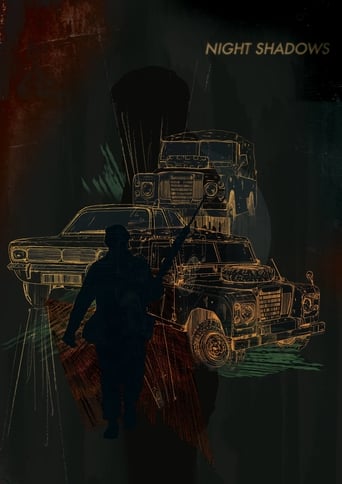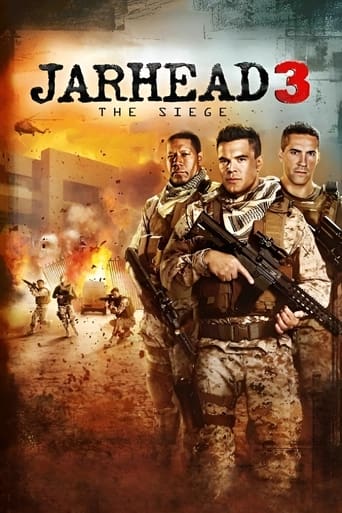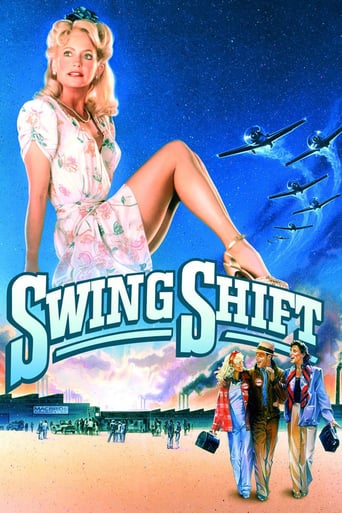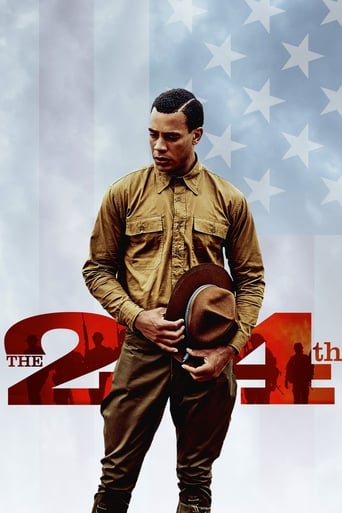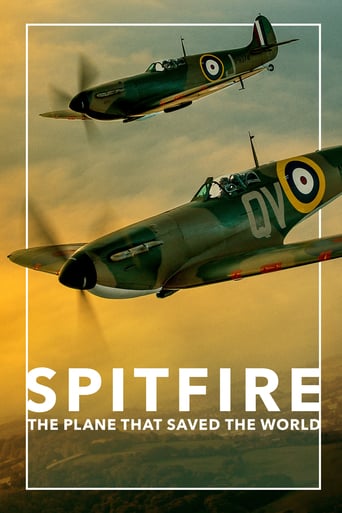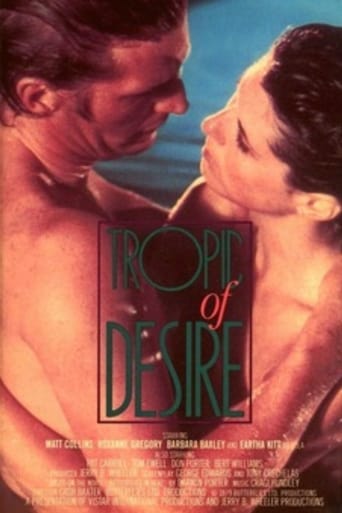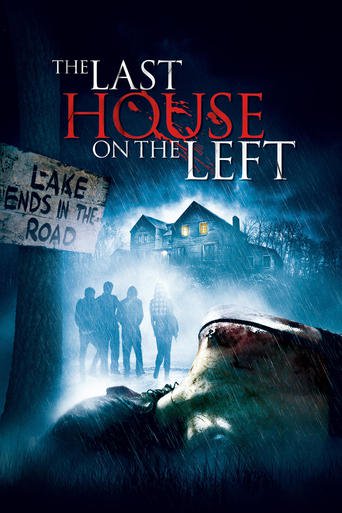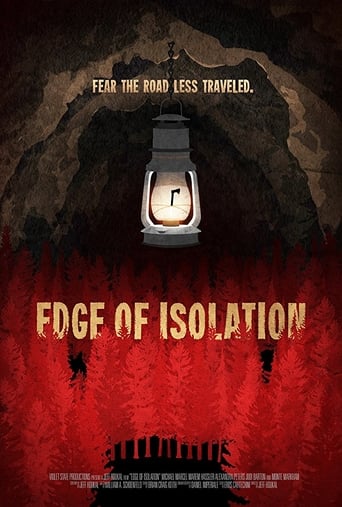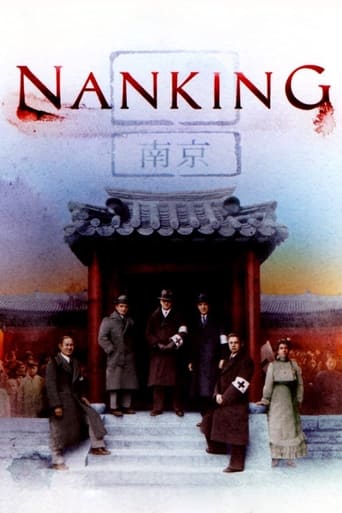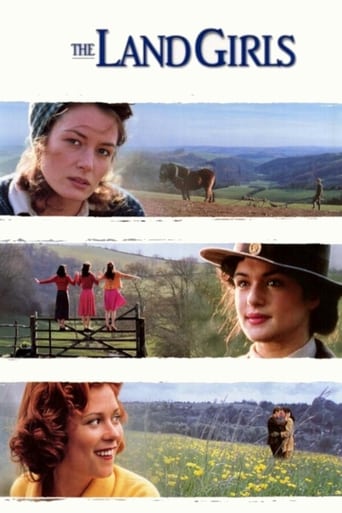A Woman in Berlin (2009)
A woman tries to survive the invasion of Berlin by the Soviet troops during the last days of World War II.
Watch Trailer
Cast


Similar titles
Reviews
Just perfect...
If you don't like this, we can't be friends.
One of the most extraordinary films you will see this year. Take that as you want.
The film never slows down or bores, plunging from one harrowing sequence to the next.
My rating is 5 out of 10. Why? Just because of the fact that it wasn't made properly. A lot of scenes that don't make any sense and are just useless from my perspective. The movie doesn't bring you the atmosphere of the situation this woman where put in. It just revolves into the fact that women where raped and it doesn't show besides that. Also, a lot of boring and long scenes to just fill up the time.
Anonyma - Eine Frau in Berlin – A Woman in Berlin - CATCH IT (B+) A Woman in Berlin (German: Eine Frau in Berlin) is an autobiographical account of the period from 20 April to 22 June 1945 in Berlin (Battle of Berlin). At the author's request, the work was published anonymously for her protection. The book purports to detail the writer's experiences as a rape victim during the Red Army occupation of the city. Two years after her death in 2003 the anonymous author was identified in the Süddeutsche Zeitung by Jens Bisky (a German literary editor) as Marta Hillers. (Wiki) The controversial German movie is about the women who survived the war by working as captivate prostitutes for the Russians. Just like every war all the men were killed and women were tortured and captured by the occupiers. The starting of the movie is really nice as how it shows how people have to go through and live through once Russians won over Germany. The women whose husbands were Nazi were bound to be raped and tortured by the occupiers. The performances by all the German actor and actresses and especially Nina Hoss, August Diehl & Evgeniy Sidikhin are admirable. Because the performances in these hard hitting movies makes you believe the situation. The beginning of the movie really good but the movie falls when they start showing the romance between German woman and the Red Army commander, it slowed down the phase. On the whole, A woman in Berlin is a really nice movie about the aftermaths of the War.
I had already submitted a review of this movie earlier, but as it may have seemed misleading for some people I thought I should rephrase it.First of all I'd like to congratulate to Glock22 for his review (The Germans are pathetic, 25 February 2011), who summarized the problematic parts within the movie very well. This movie comes 2nd on the self blame list of Germans: the 1st one is Stalingrad in case you are wondering. The main problem with the movie is that it's actually a quasi love story - instead of a war drama - between a German woman and a Russian major. It's something that was quite unlikely to have happened if not impossible at all. So instead of the facts it shows us an example that probably never happened (I know the movie is based on a diary but it sill doesn't make it authentic). At the beginning, the movie focuses on the rape itself, because that's what happened when the Soviet Army occupied a town or settlement – a gang rape, that lasted for several days until they left the area. Then of course a new wave of soldiers came and the whole process started all over again. There were also lootings and murders, which aren't really emphasized in the movie. The movie fails to mention that several thousands of women died during the rapes in horrendous ways (their back broken, beaten or tortured death), and also children were involved amongst the victims – sometimes not above the age of 9. It wasn't a rare example when the mother and the daughter were raped at the same time by these "soldiers".To me, the scenes where German women are joking about how many soldiers had raped them seemed very unnatural, morbid and improper. I can't really imagine anyone could be making fun about this. The scene where they celebrate and dance together with the Soviet soldiers provoked similar feelings. The reason why I found these unnatural is maybe because in Hungary - where the same things happened as in Germany and Austria - the women who were raped often committed suicide after they had been raped, because of shame, self blame and moral issues. In those years for a woman to sleep with a man who wasn't her husband, meant terrible shame (not to mention that rape could hardly be called "sleeping"). Sadly, in Hungary there are people also who still call the Soviets "liberators" and never think of the hundreds of thousands of women who were raped, humiliated and sometimes killed.What the movie shows well is when the Soviet officers show no concern when they hear about the rape cases. Usually they said it helped the soldiers to "cool off", to let out the steam. Now that's true. Question is: who is going to give compensation to these people (and to those who have been taken to Siberia to work in labour camps – if a woman was really unlucky she was robbed, raped and then taken to a labour camp where she died)? Seemingly everyone has forgotten about them.If you are looking for true facts, historically accurate emotions and situations from the invaded Germany from the end of WW II, then avoid this movie. Instead go and read a book about it from a Hungarian author, Alaine Polcz – who had also "experienced" the liberation: A Wartime Memoir (Asszony a Fronton – in Hungarian). There's another movie that deals with the topic and is much more authentic (therefore much more disturbing): Joy Division (2006).Only if you do not care about true historical facts and would like to see an unlikely story taking place in Berlin at the end of WW II, should you watch this movie.
What a great film. It tells the story of the epon(anon)ymous protagonist, who both witnessed and endured the rape of Berlin in a very personal manner. And yet the film manages not to be too depressing until the very end, thanks in no small part to the assured acting skills of Nina Hoss. She conveys an unbreakable spirit and intelligence despite having so little dialogue in the film. And yes she did make me wonder what would I do in her shoes. Having watched it, I also feel strangely empowered about rape. Anonyma's story seems to validate that there is always more than one way to deal with a desperate situation.I am a tad shocked that the story of these women was silenced for so long, but knowing what I do of the German people I suppose I shouldn't be surprised - stoicism plays a huge role in their public life. Yet apparently 10,000 women died 'just' from being raped during this period of German history. It's a sobering statistic, and one which makes a mockery of the assertion of the Russian commander who, early on in the film, implies that STIs are the greatest threat women face from his soldiers. Like rapists everywhere, they seem blissfully oblivious to the physical and psychological costs of their abuses, and are correctly portrayed in the film as phallically obsessed, emotionally retarded cowards. It's important to remember that the average age of their victims was 16. The majority of these girls and young women were children at the start of the war and had no say in the actions of their government which was, at any rate, a misogynistic dictatorship. There has been a lot of discussion around what this film is saying about wartime rape. Were these women making concessions with the enemy, or were they enduring a relentless onslaught of sexual violence in the best way that they could? The film explores both possibilities. It also makes it clear that there is not one answer for every woman; in the film some of the victims lose their minds and end up killing themselves (or others); others find a sugar-daddy in the Russian army who gives them 'gifts' in exchange for protection (or at the very least, less violent sex).Personally, I see this film as a story about the way in which women cope with unimaginable, unjustifiable violence from their other halves. The scene that sums up the madness of their situation is when the 'girls' get together for drinks and joke about being attacked by Russian soldiers. Beneath the smiles and laughter you can see, hear and even FEEL that something is falling apart inside them. That they are on the verge of hysterics. I sincerely hope that viewers didn't wrongly interpret this scene to mean that women think rape is funny because to me it was very obvious that it had the opposite meaning. A cunning and subtle move on the part of the director, who never underestimates his audience. I sincerely feel for the women who remained in Berlin during this time, and so should every human being with a conscience. They didn't have choices: they were trapped in an occupied city with no way out and very few habitable buildings. The only supply of food and necessities came through the very men who were raping them. The Allied nations were well aware of the situation and did not intervene for nearly a year because they felt that raping Germans boosted morale (sorry to be so blunt but there was an actual quote to that effect from the American military). It's an all too familiar story, and one that has been played out in war torn countries right up until this day (Bosnia, the Congo, etc). So it boggles the mind that it's taken so long to make a film about the subject. I guess that just goes to show how male-dominated the film industry really is!!In one scene Anonyma confronts a major and asks him to do something to stop the rape of Berlin women. He replies, "Who should I protect? My people or yours?" My answer to that question would have been, 'You should protect the women and the unarmed civilians whom you're fighting to free.' After all, the whole point of overthrowing Hitler was to gain freedom for everyone, or so the Allies said. In reality, the fall of Berlin became a pitched battle in the war of men versus women. Eine Frau in Berlin paints a grim picture of what the world might look like if the men were triumphant.

